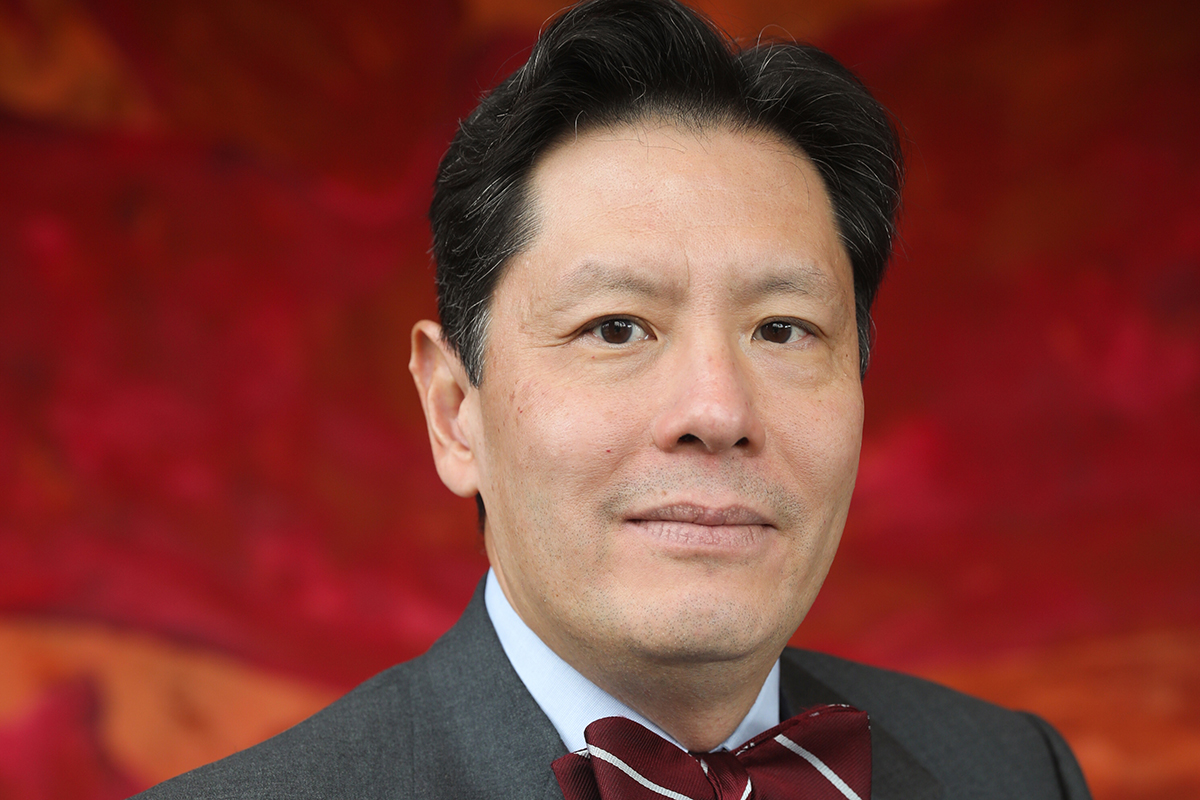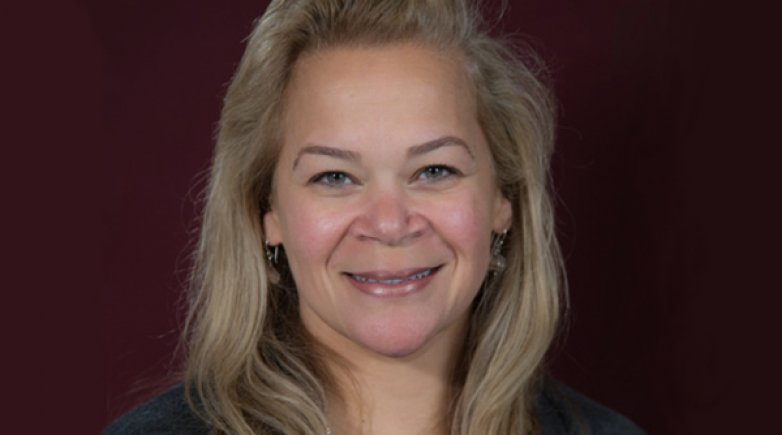Morgan Sze

Morgan Sze ’83; P’19, P’22, P’25, came by his faith in education through family.
His father Morgan Sr., on a limited budget, managed to earn a doctorate in chemical engineering at MIT in two years in 1941 and later in life was elected to the National Academy of Engineering. His mother Agnes was a pioneer traveling by boat and train from China to attend the University of Rochester on a Rochester Prize scholarship in 1940. She then was one of the first women to graduate from Columbia Business School in 1945 and later became an abstract expressionist painter. Brother Karl built a 40-year career eventually running his cardiology practice in Maine after Cornell Medical School. His other brother, Arthur, discovered poetry at MIT and then pivoted majors transferring to UC Berkeley in 1970. Since then, he has become a National Book Award-winning poet.
Morgan met his wife, Bobbi, at Cornell and they both went on to earn degrees in English Literature before receiving master’s degrees from the University of Chicago. His belief in the power of a strong, well-rounded education and his commitment to PEA are displayed by his decade of service as a trustee, including the past 18 months as president of the Trustees.
We caught up with Sze to talk about that enduring dedication to Exeter and how he feels the Academy is rising to current challenges as it begins its 241st year as an institution:
When someone asks you “What is Exeter all about?” how do you answer?
Unite goodness and knowledge and inspire youth from every quarter to lead purposeful lives. That’s the modern version of our school’s mission statement drawing on the key elements from John and Elizabeth Phillips’ 1781 Deed of Gift. The values are as enduring today as ever. They embody excellence and leadership in secondary education, building on Edward Harkness’ transformative 1930 gift, as well as a foundational commitment to non sibi.
How can the school best fulfill that mission?
By continuing to attract the best faculty and staff and most promising students both nationally and internationally. Our school is fortunate to be supported by the generosity and goodwill of so many diverse alumni. Alumni support and engagement enables our school to maintain this level of mission excellence for students regardless of their means or background and have outstanding faculty and staff in place to support our programming. I am grateful and humbled by the passionate work of our on-campus community, alumni and parents. The Academy is strong because of them.
How do the core values of a school founded in 1781remain relevant today? And how does the school balance embracing its traditions while continuing to evolve in the21st century?
The mechanics of learning and leveraging knowledge are evolving rapidly in tandem with technology and society itself. By contrast, our values are enduring. In today’s world of exponential artificial intelligence, the value of goodness is more critical than ever. Our new mission statement rests on the foundation of our Deed of Gift while emphasizing a modern statement of our five core values: Goodness and Knowledge, Academic Excellence, Youth from Every Quarter, Youth is the Important Period and Non Sibi. I believe these enduring values will continue to serve our students well today and well into the future
The last 18 months have been a challenge in most respects. How do you feel Exeter has weathered the challenges, and what are some of the things we’ve learned as an institution that can inform us going forward?
The pandemic has been extremely challenging, both personally and professionally, for everyone. The level of innovation we saw from our faculty, staff and students in response to the pandemic was breathtaking to watch. We hope to capture the best of those innovations to help Exeter lead into the future. The trustees are incredibly proud of how Principal Rawson, his leadership team and our entire on-campus community have kept the community safe and delivered excellence for our students in the face of the enormous challenges. Amidst the crisis, we have also managed to advance many priorities for our school, including making progress toward specific goals for improving diversity, equity and inclusion, adopting our new mission statement, approving a campus master plan, as well as financing important new projects such as the new dormitory, improving our financial sustainability and continuing to strengthen our resources for financial aid.
Exeter is committed to becoming an anti-racist institution. Exeter also recently celebrated 50 years of coeducation. Can you talk about these important priorities?
When my mother graduated from Columbia Business School in 1945, she could not get hired in the private sector as an Asian woman. This was immensely frustrating to her given she was well qualified having excelled in college and graduate school. There is still much work to do, but significant progress has been made over the past 76 years in terms of gender and racial equality and the country is better for it. Excellence in diversity, equity and inclusion is core to overall excellence as an institution and as a society. I’m extremely proud that we have such a diverse body of trustees made possible by our school’s commitment to diversity over past decades, including the decision 50 years ago to open Exeter up to coeducation. The Diversity, Equity and Inclusion Vision Statement adopted by the Trustees in 2018 underscores the commitment of the Academy to diversity in all forms, as does our June 29, 2020 letter to the community. Diversity is fundamental to a Harkness education, where learning through shared dialogue and debate is critical to excellence.
Did you have a favorite place on campus as a student?
I was a four-year resident of Merrill Hall (or 3 ½ years to be exact as I participated in the Washington Intern Program my senior spring). It still looks pretty much the same almost 40 years later! The Davis Library is another place where I have many memories. I spent many hours working on the PEAN, where I was co-editor, The Exonian as one of three photo editors, and WPEA as a DJ. The opportunity for students to grow and develop outside of the classroom with so many student-run activities is a huge advantage for us as a residential school and also creates strong friendships that endure.
What does the Exeter of 2050 look like?
We just had a wonderful celebration of 50 years of coeducation. 2031 will mark the 250th anniversary of the founding of our school. I believe our values will endure and continue to serve us well, so in 2050 Exeter remains a leader in secondary education, teaching the values and skills that will enable our students to be impactful and positive contributors to society.
— Patrick Garrity
Editor’s note: This article first appeared in the fall 2021 issue of The Exeter Bulletin.


